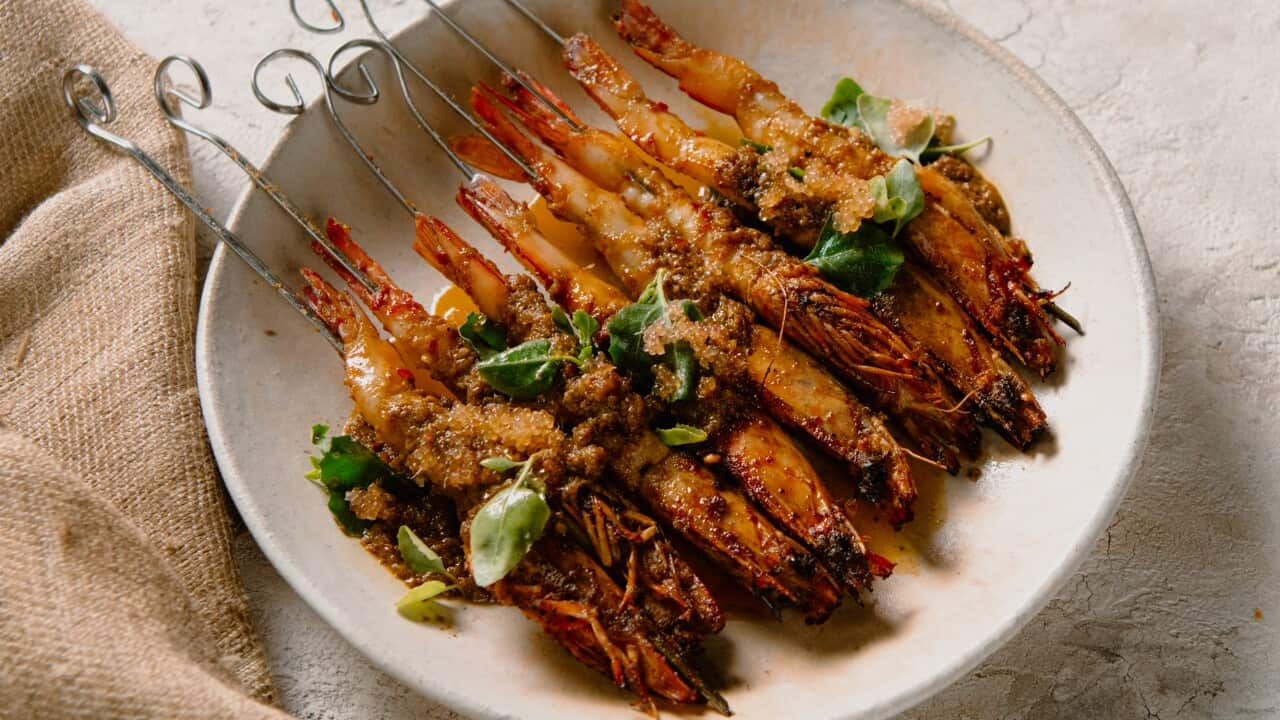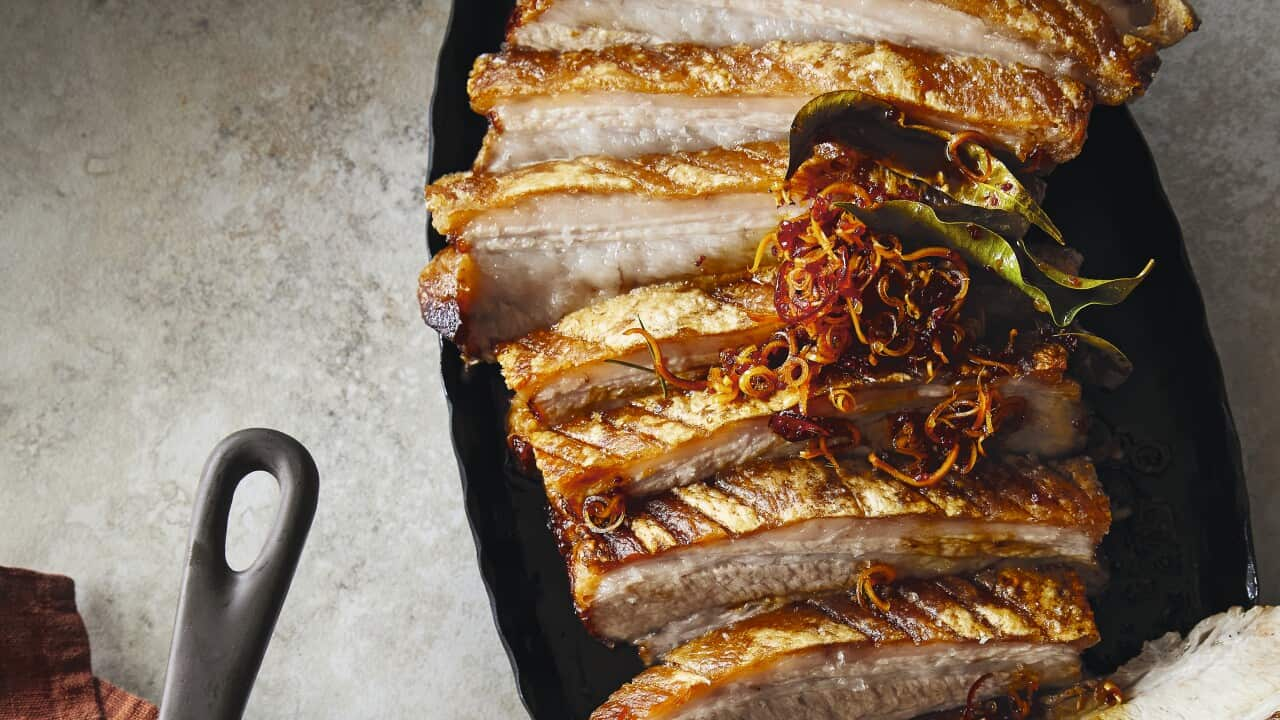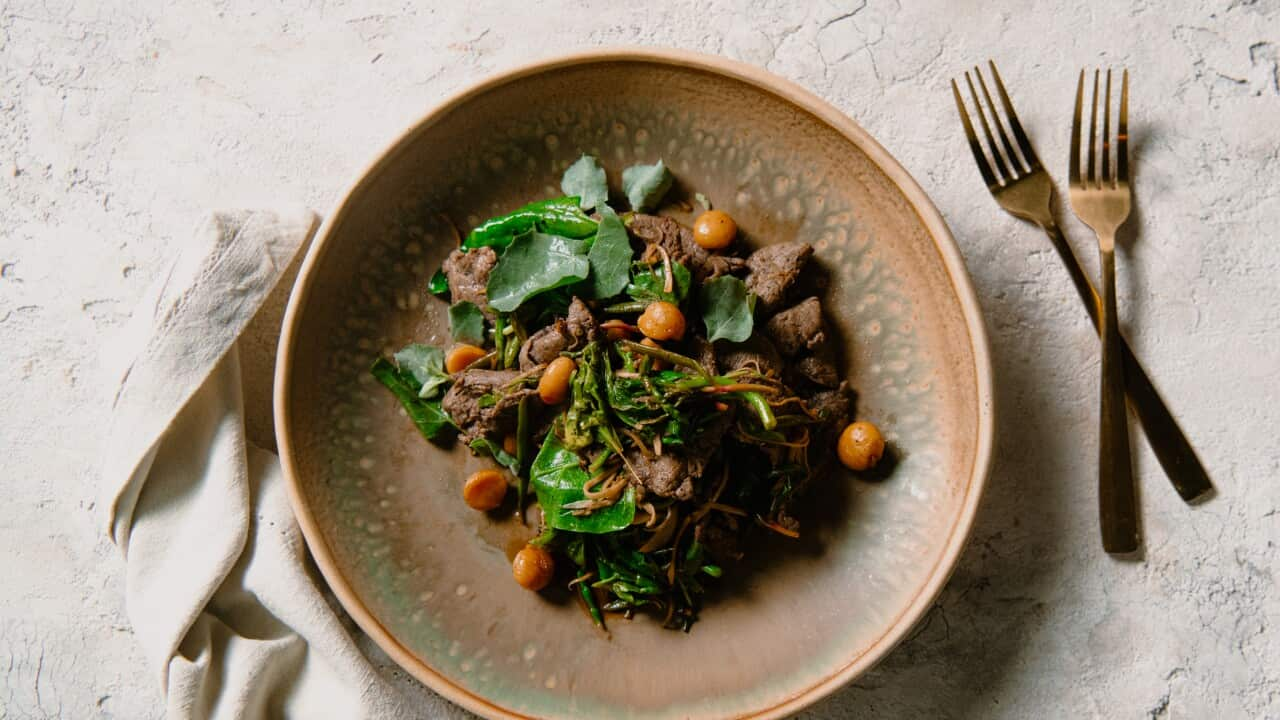When the food business powerhouse, , got to the top of her game, she didn’t just reach new heights, she smashed a glass ceiling layered with elements of gender and racial bias.
“I’ve had to overcome a few big hurdles to get to where I am today: being an Asian woman and being a refugee," says Fuggersberger, co-founder and managing director of , a manufacturing and R&D company specialising in meats, and sole founder and CEO of which produces frozen meals for children.
Although women make up the majority of the Australian and manufacturing workforce, show they are still underrepresented in leadership positions. The flow-on effect means they earn less, on average, than their male counterparts. Fuggersberger explains that when you add another minority status, like being a person of colour or , on top of being female, the obstacles to success become even bigger.
“As a woman in business, you have to prove much more than a man does just to show that you're as good as a man or better. You have to work a lot harder.”

Diem Fuggersberger, founder of Coco & Lucas, at home in her kitchen.
“I believed I had to work 10 times harder just to catch up with the normal person living in Australia. A strong sense of resilience was instilled in me from a very young age. So I'm really thankful for that.”
As a woman in business, you have to prove much more than a man does just to show that you're as good as a man or better.
As an adult, Fuggersberger and her husband set up an ingredients business. But then, in 2009, they lost it all after falling into bankruptcy.
“My husband and I had to start again, from scratch. We were $900,000 in debt and homeless. That experience was probably even harder than being a refugee, because when you're a refugee, you come with nothing but you don't have debt.
“At the time, I felt really driven to [achieve] because I had two kids, aged three and five years old. I wanted to be a role model and didn't want them to suffer because of what had happened to us.”
With a lot of hard work and determination, Fuggersberger re-established herself and created the two new successful brands she now heads up. “An inner fire made me work really hard. I was mumma bear and I knew I had to look after my family. So I just took action and did it.”
She tells SBS that traditionally, in her Chinese-Vietnamese culture, wealth was always passed down through the male bloodline. But she changed that. Fuggersberger became the first woman in her family to smash the 'glass ceiling'.
“I wanted to prove that just because you're a woman, it doesn't mean you can’t do it. And, just because you're an Asian woman, it doesn't mean you can't [be successful in business]. Actually, I’ve proven that you can.”
Being a woman of colour in hospo
Gunjan Aylawadi, founder of Sydney’s , a Sydney-based eatery serving vegetarian and vegan Indian street food, speaks of a similar internal drive that pushed the ‘outsider’, an Indian migrant, to succeed in her food business.
A former computer engineer, Aylawadi opened in Redfern in 2019 with no formal hospitality training. All she had was household experience as a cook and “an immigrant work ethic”.
“I did not know another person who was in hospitality whatsoever at the time that I started my business in Australia. I also felt like I had to work really hard to get the same thing as someone who was born and brought up here.”

Gunjan Aylawadi, founder of Sydney’s Flyover Fritterie.
“When people look at women in the food industry, there's always a maternal aspect that women are here to take care of everyone. Money isn't part of that transaction at all. Whereas it’s not really implied that men who work in the industry ‘take care of other people’. It’s implied that their work is a service, not a gesture.
“I definitely have struggled with putting a dollar amount to the value of what I do. I'm getting better at it but it has been quite the journey.”
I felt like I had to work really hard to get the same thing as someone who was born and brought up here.
As part of that journey, Aylawadi chose to discard the stereotypical aspects of the male-dominated industry that did not suit her. She didn’t want to adopt ruthless or aggressive traits to get ahead. Instead, the entrepreneur chose to decorate her path with compassion and kindness.
The menu at Flyover Fritterie celebrates an overlooked group of Indian cooks, hardworking street vendors who sell food under flyovers (in India), and over time, it has become a platform for emerging chefs to experiment with vegetarian food.
“I am a person who really believes in nurturing and nourishing people so that’s what I do. I now know it’s okay to be myself. It’s okay if I care about people. I run a business while putting love out there on the table.”
"Success, for me, is that every time a customer chooses to come in, they leave happy, restored, inspired", she continues. "They feel how much we care about changing the landscape of Indian food in Australia. And of course, very happy teams that look forward to coming into work everyday.
A sisterhood of Indigenous women
, is another woman who knows how it feels to break the ‘glass ceiling’. The proud Bundjalung woman from the Widjabul Wia-bul clan runs the successful restaurant which she opened in 2020.
The former MasterChef Australia finalist explains that success wasn’t easy to come by. “At the start of my business, I faced having to always explain my heritage, why I chose to run a restaurant and why I was proudly advocating for in the hospitality space.
“I also had to explain to people that I was a First Nations woman. Obviously, people have a perception what a First Nations woman looks like. But we come in all shapes and colours…It all just added an additional load.”
Despite the extra work, Woods never gave up. Two years ago, she became the first Indigenous female Chef Hat winner, claiming 13 Hats for her restaurant.
“There are a handful of female Indigenous chefs in our space. It's a real shame, because Indigenous women bring a different and important perspective to the table."
Today, Woods continues to celebrate her culture through her food business. Meanwhile, she promises to support more Indigenous women to enter the hospitality industry and run native food businesses of their own.
Recipes from Mindy Woods

Prawn skewers with macadamia satay sauce
"We are a sisterhood. We come from a nurturing space. We are the mothers and we are the feeders. We should be incredibly proud of who we are.
“That glass ceiling is there to break, so let’s break it. Let’s stand strong and be unapologetic about that.”



